Charleston, WV Drug & Alcohol Treatment Centers
Looking for help with addiction in Charleston, WV?
Insurance
Treatment Programs
Looking for help with addiction in Charleston, WV?

135 Fourth Avenue Huntington, West Virginia 25701

175 Philpott Lane Beaver, West Virginia 25813
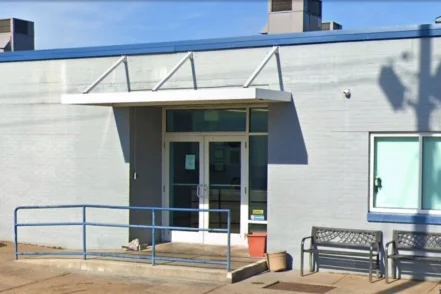
501 Stockton Street Charleston, West Virginia 25312

1609 West Third Avenue Williamson, West Virginia 25661

1651 Unity Road Princeton, West Virginia 24739
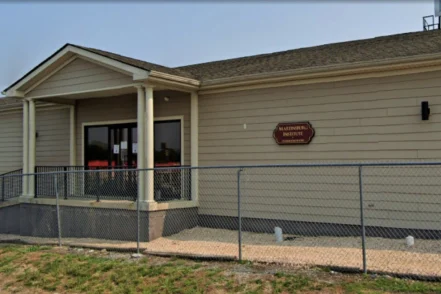
223 Eagle School Road Martinsburg, West Virginia 25404
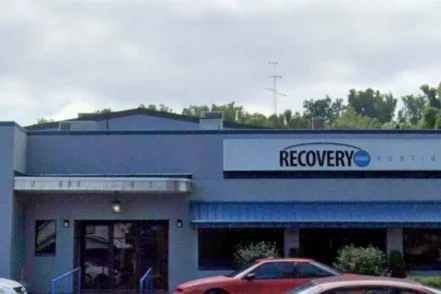
2425 9Th Avenue Huntington, West Virginia 25705
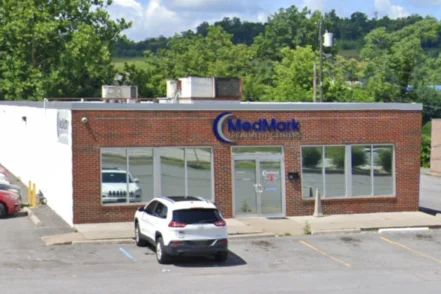
Don Knotts Boulevard 53 Morgantown, West Virginia 26508

2157 Greenbrier Street Charleston, West Virginia 25311
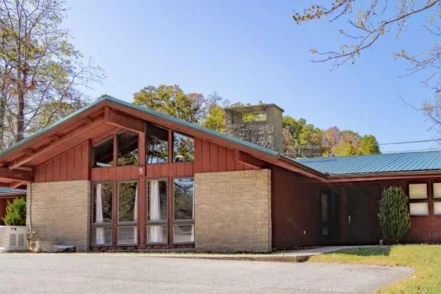
47 Chambers Circle Road Walker, West Virginia 26180